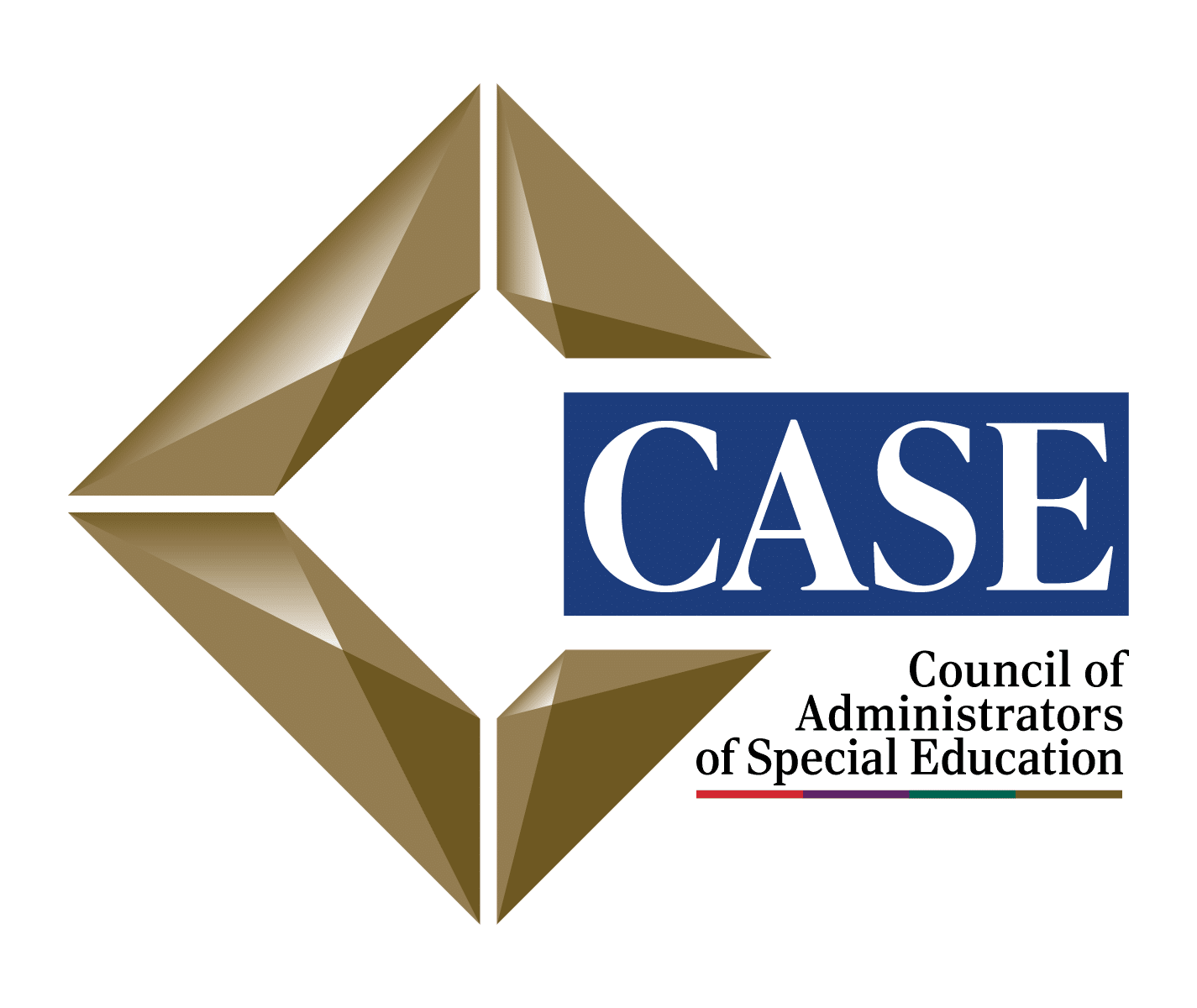This article is part of a series highlighting the presentations given at the 2021 eLumaNation Summit, held virtually September 30 – October 1, 2021
At the Second Annual eLumaNation Summit, we had the privilege of hearing Dr. Sheldon Berman speak about Overcoming the Implementation Roadblocks to SEL.
As with many initiatives in education, the road to systemic implementation of SEL is embarked upon with good intentions—and then the obstacles come into view around the bend. Sheldon discusses how to anticipate where the obstacles, ruts, and roadblocks may lie and identifies strategies that can be used to successfully avoid or work through them.
You might be asking- Why is Social-Emotional Learning so vital to implement in my school district?
In his presentation, Sheldon explains that we often think that Social-Emotional Learning and Academic Learning have trade-offs between the two. However, he’s come to realize that there isn’t a trade-off. They’re mutually supportive and we can’t exclude one and do the other. Both are essential for the learning process. SEL is just as important as Academic Learning, but learning the strategies and implementing them takes time.
Dr. Sheldon shared four Core SEL Practices that school districts need to implement.
These practices require just as consistent planning as any practice within the academic curriculum. They will need to be intentionally embedded into the academic curriculum and modeled by the teachers in the classroom. One of the key components of SEL is actually embodying the curriculum in our own actions. When students can sense the authenticity in the adults instructing them it deepens the meaningfulness of SEL.
There will be roadblocks and hurdles along the way. Sheldon shares six roadblocks that he’s seen commonly in his experience.
- Lack of alignment with instruction
- Lack of alignment with discipline
- Lack of alignment with professional capacity building
- Lack of alignment with diversity, equity and inclusion efforts
- Lack of coordinated systems of care
- Lack of application to the world outside the school
Overcoming these roadblocks is possible through alignment and consistency. Sheldon shares six helpful tips to overcome those potential roadblocks.
- Provide learner-centered, inquiry-oriented instruction
- Utilize discipline systems that prioritize relationships over control, belonging over exclusion, learning over consequence, and assuming responsibility over imposing punishment
- Focus on creating identity-safe, culturally-responsive and inclusive classroom communities
- Grow professional capacity through in-depth professional development and job-embedded coaching in SEL, learner-centered instruction, culturally responsive practice, and service learning
- Provide coordinated systems of care
- Engage students in the application of SEL skills in the world outside the classroom
Remember that there is no one best path to SEL implementation. Rather, for those that make progress, there is a layering of program development and a gradual deepening of commitment to the vision that it’s possible to create a more caring school community. When SEL is well done, students begin to understand the meaning of the common good, appreciate that their actions have consequences for others, and they develop a sense of responsibility for the larger human community.
I want to conclude with a quote that Sheldon shared towards the end of his presentation.
“A caring school community gives our students a vision of the way the world could be.” – Dr. Sheldon Berman, AASA Lead Superintendent for Social-Emotional Learning
There will be many roadblocks along the way while creating a more caring school community, but it’s worth it. The value and importance of this work is critical, and through the implementation of SEL, our students will have a brighter future.
Connect with Dr. Sheldon Berman on LinkedIn.
Learn more about Dr. Sheldon Berman’s work at https://sheldonberman.com/
Learn more about the great work that’s being done at AASA.
About Dr. Sheldon Berman
Dr. Sheldon Berman was appointed AASA’s Lead Superintendent for Social-Emotional Learning after serving 28 years as a superintendent in four districts—Hudson, MA; Jefferson County (Louisville), KY; Eugene, OR; and Andover, MA. In each of the districts in which he served as superintendent, he implemented systemic SEL programs. Dr. Berman has also provided national leadership in multiple organizations that champion SEL and has authored numerous articles and books on SEL topics. He was a member of the Council of Distinguished Educators of the National Commission on Social, Emotional and Academic Development and served as the primary author of the Commission’s report on social, emotional and academic development practice. Dr. Berman served as the President of the Massachusetts Association of School Superintendents and has been a policy leader in three states in the areas of education reform policy, social-emotional learning, civic education, special education, universal design for learning, and education funding. He received the 2003 Massachusetts Superintendent of the Year Award, the 2011 Sanford McDonnell Award for Lifetime Achievement in Character Education, recognition in 2011 by the American Association of School Administrators as one of ten courageous superintendents for providing leadership for school desegregation, and the Mary Utne O’Brien Award for Excellence in Expanding the Evidence-Based Practice of Social Emotional Learning from the Collaborative for Academic Social and Emotional Learning (CASEL) for lifetime achievement in implementing social-emotional learning in 2020.


